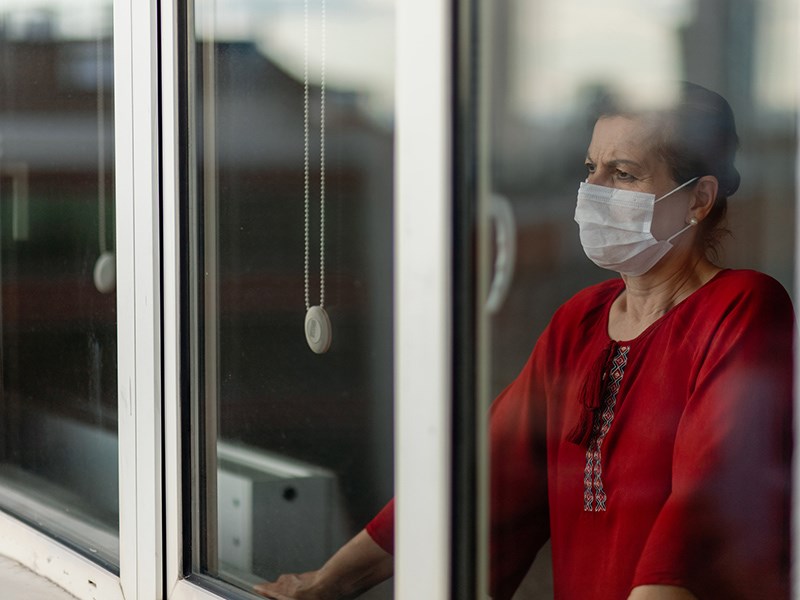To be maintained or fixed, most everything has to be turned off and forced into momentary rest. Changing the fan belt in my truck motor or attempting to sharpen a dull chainsaw while they run would be inadvisable and somewhat of a dangerous and absurd idea.
Our minds, bodies and spirits are parts of the interconnected biological machinery that makes us human. Most of the time, a resting state is needed when maintaining or trying to completely rebuild our whole selves.
Most of the time a resting state is not possible with the constant momentum of life. These days are obviously not “most of the time.”
The COVID-19 pandemic has forced large portions of society into a worried pause position.
With that thought in mind, it’s necessary to loudly say there is a massive debt owed to essential workers of all different occupations who haven’t stopped working to keep everything, in a larger sense, working. A big and warm virtual hug is given to nurses, doctors, hospital administrators and, just as important, to all janitors, postal workers and cashiers who keep the collective us limping along in unusual and difficult times.
COVID-19 has created the opportunity for, individually or collectively, reflection or meditation on the current state of everything. Physically, our bodies need time to convalesce injuries or any type of adverse health condition.
Psychological and spiritual moving parts that constitute us can be addressed with reflection or meditation. What is self-reflection or meditation when used in the action or verb sense of the words?
Persistent demands and constant movement of daily life can put our brains, the operation centres of everything, into an autopilot position. We do the things we need to do and don’t have energy or time to question if thoughts and scenarios are having a good or bad impact on life.
Thoughts and actions repeat like blurry images of passing scenery from a fast train.
Underneath layers of our conscious mind, there is our subconscious, a storage place of automatic skills, dreams, intuition, memories and pre-programmed behaviour which could, if left unchecked, lead us toward resentment, regret and general unhappiness.
Actions and habits seem to happen unconsciously, without our full awareness. We might be making decisions and repeating unhealthy behaviour without full permission of our awake, conscious mind.
Self-reflection and meditation holds up a mirror and forces us to witness our thoughts and deeds: good, bad or ugly. Images we see become a chance for real, and often very difficult, learning and growing experiences.
The truth is we are all in different stages and being broken. Life has that effect on people. The more we deny this fact, the less chance we have to fix things.
The COVID-19 global pandemic forced a stoppage of perpetual motion of life. In this unexpected and brief moment we, as solitary people and as a global community, can use this resting state to question why and what we do.
The deeper we look, the more likely we can fix and heal the broken parts to drive forward to a better post-pandemic tomorrow.
Robert Skender is a Powell River freelance writer and health commentator.



